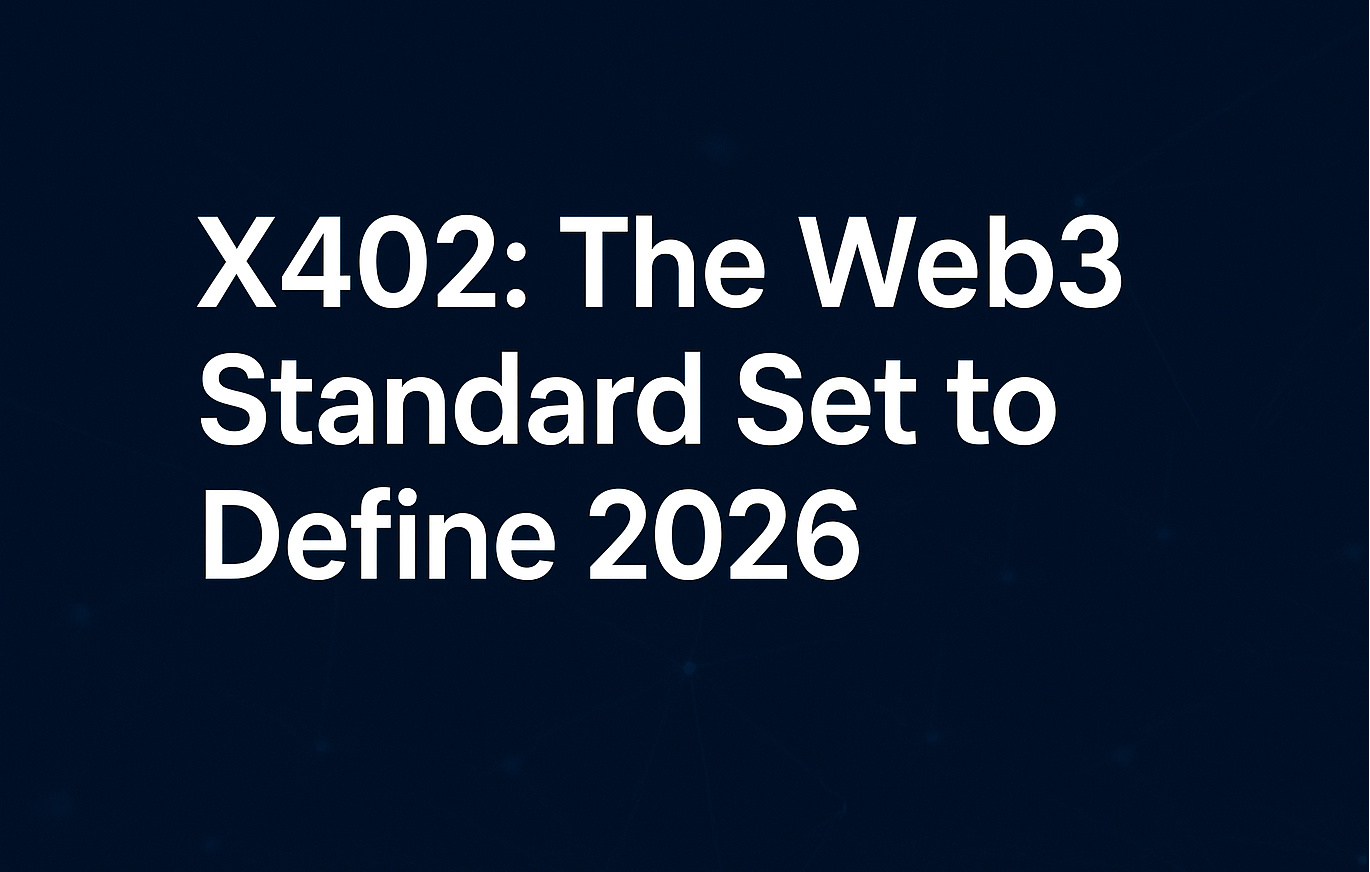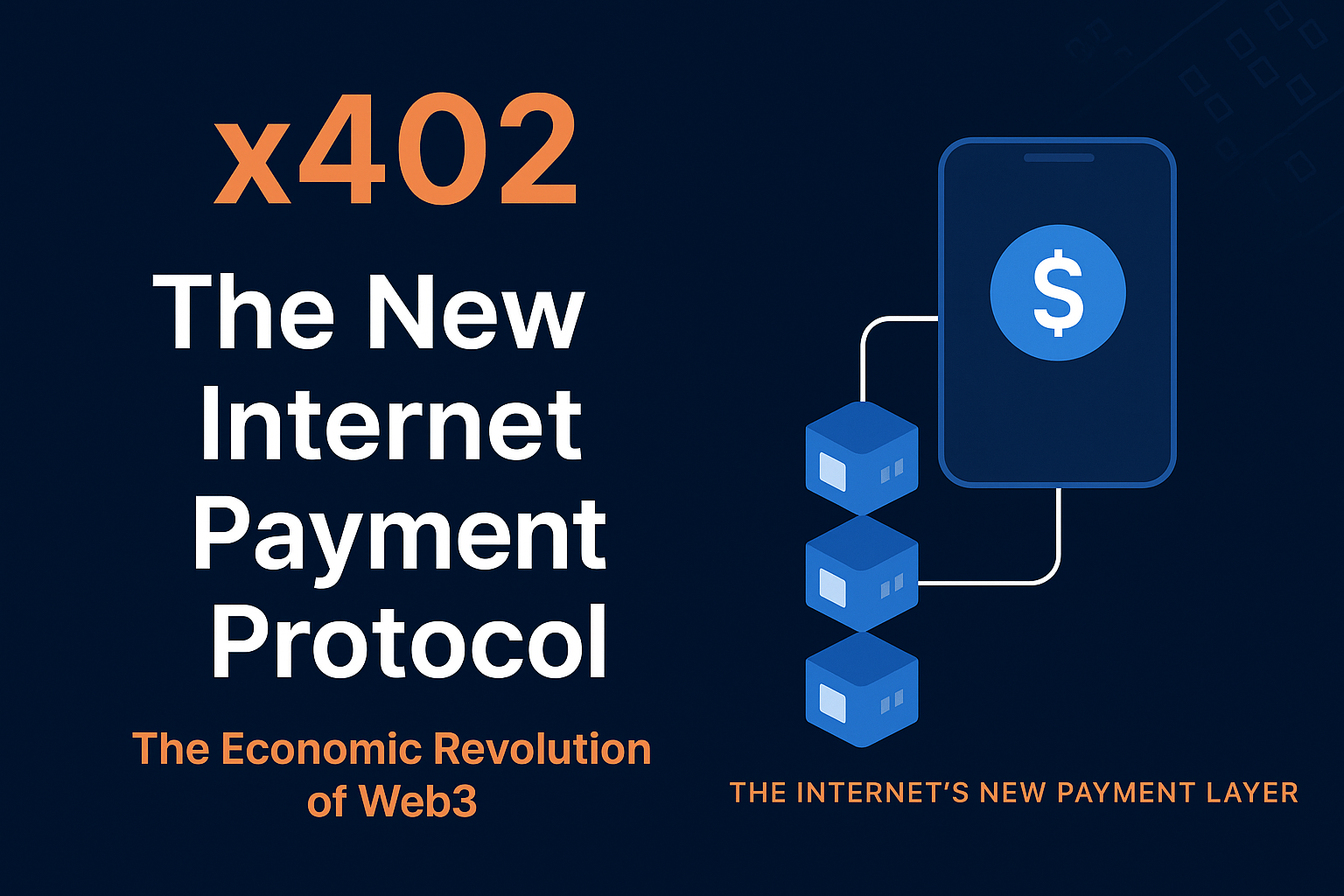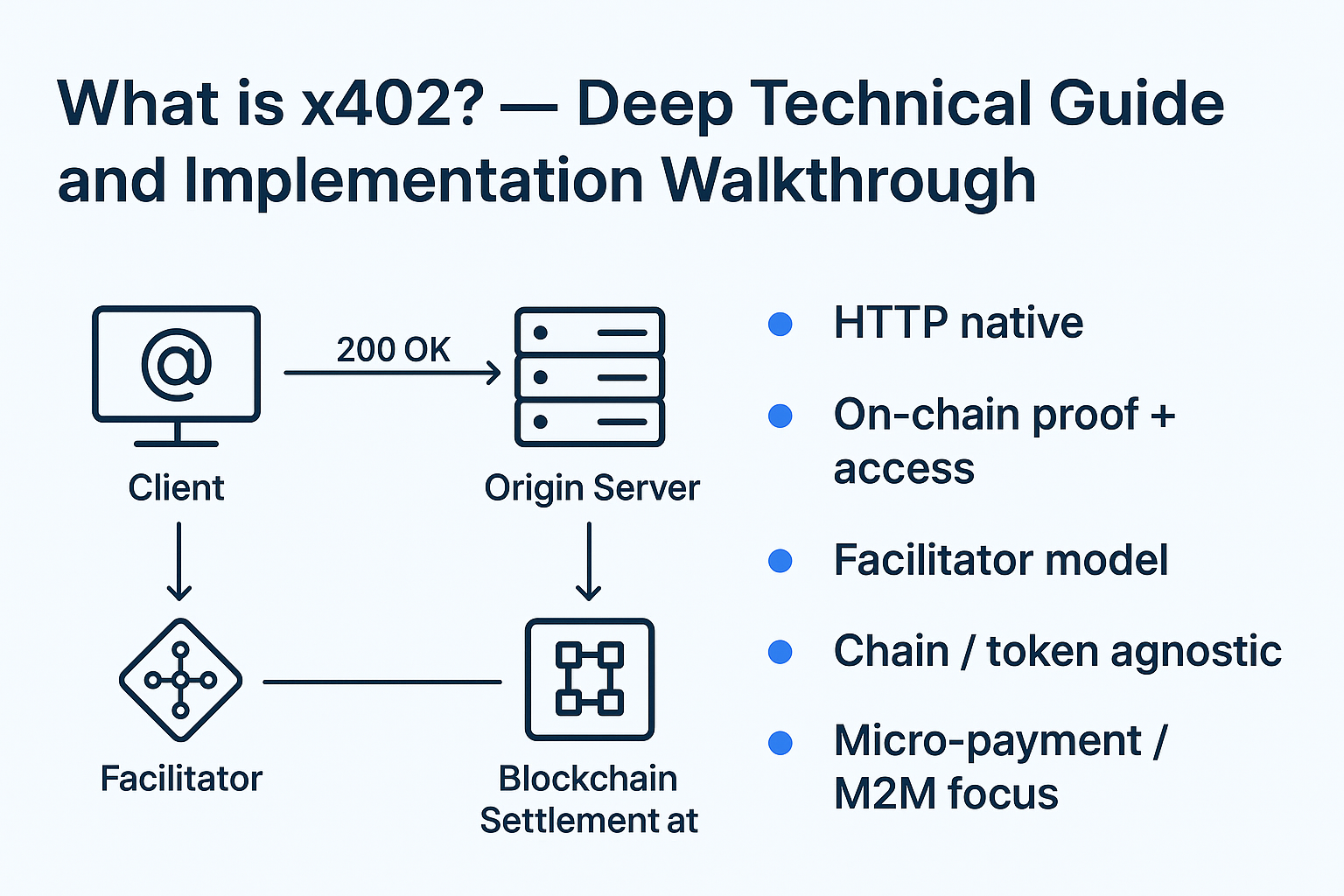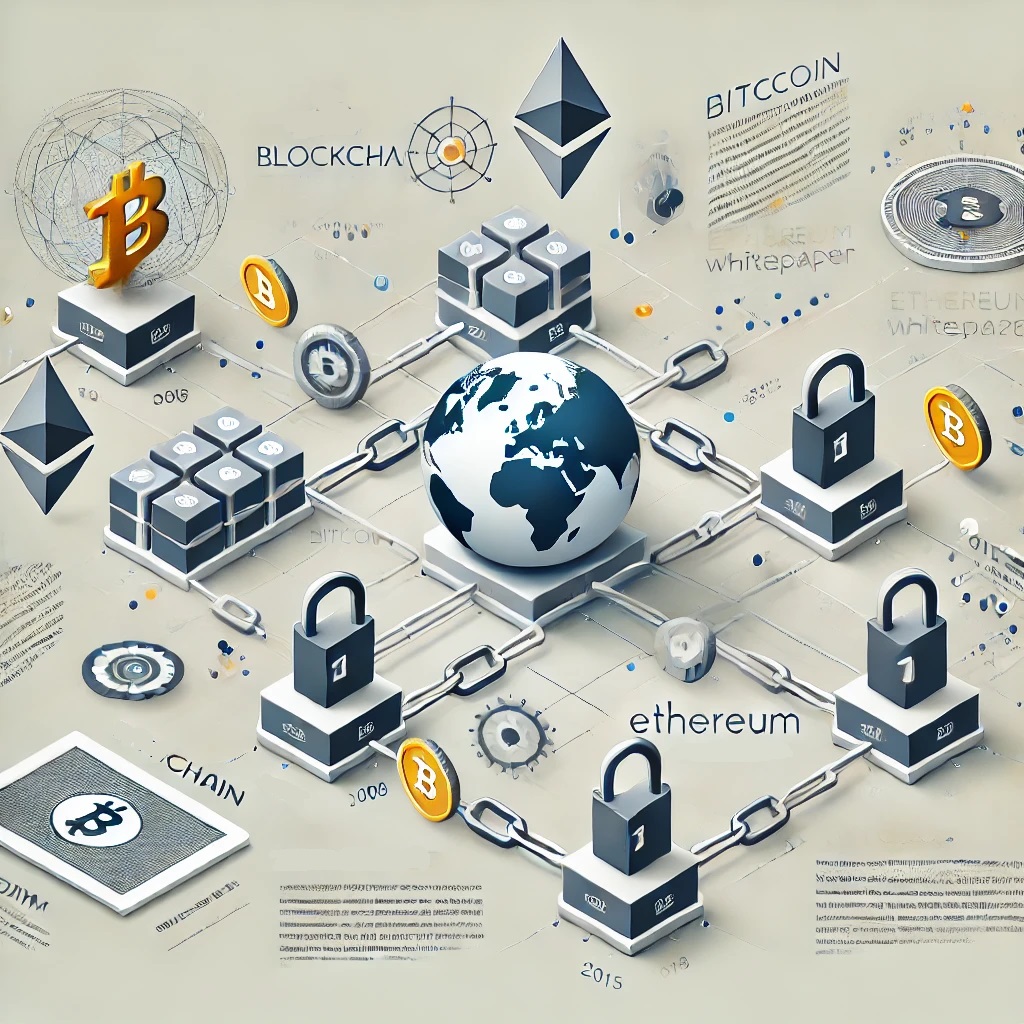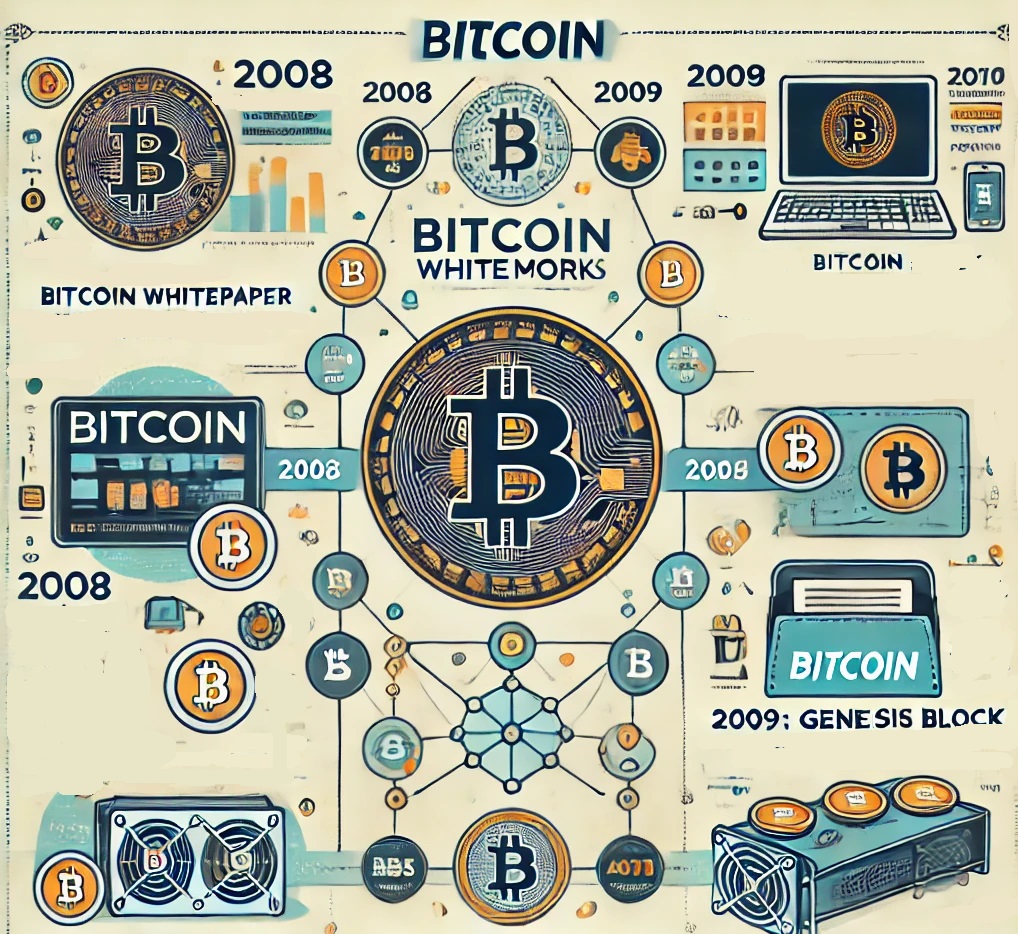What is the Difference Between Coin and Token? A Comprehensive Guide
For those entering the world of cryptocurrencies, the terms “coin” and “token” are often encountered. While both refer to digital assets, they have fundamental differences. This guide breaks down the distinctions to help you better understand these concepts and make informed decisions in the crypto space.
What is a Coin?
A coin is a standalone digital currency that operates on its own blockchain network. Coins are characterized by the following features:
- Independent Blockchain Network: Coins like Bitcoin, Ethereum, and Litecoin have their own dedicated blockchain.
- Primary Purpose: They are primarily used for value storage, exchange, or investment purposes.
- Examples: Bitcoin (BTC), Ethereum (ETH), Binance Coin (BNB), Solana (SOL).
Coins are designed to facilitate decentralized financial transactions and act as a medium of exchange or store of value.
What is a Token?
Tokens are digital assets created on existing blockchain platforms. Unlike coins, tokens do not have their own blockchain. Here are the main features of tokens:
- Platform-Based: Tokens are built on platforms like Ethereum, Binance Smart Chain, or Solana.
- Versatile Use Cases: They can be used for payments, governance, accessing services, or executing smart contracts.
- Examples: Tether (USDT), Chainlink (LINK), Uniswap (UNI).
Tokens are often created using standards such as “ERC-20” on Ethereum or “BEP-20” on Binance Smart Chain, making their creation process relatively straightforward.
Key Differences Between Coins and Tokens
| Feature | Coin | Token |
|---|---|---|
| Blockchain | Operates on its own blockchain. | Built on an existing blockchain. |
| Purpose | Value transfer and storage. | Payments, services, governance, etc. |
| Examples | Bitcoin, Ethereum | USDT, LINK, UNI |
| Creation Process | More complex. | Simpler (platform-based). |
Which is Better: Coin or Token?
The choice between a coin and a token depends on your needs. If you’re developing a project and lack the resources to build an independent blockchain, creating a token on an existing platform may be the better option. On the other hand, larger-scale projects with long-term goals might require an independent coin and blockchain.
Understanding the difference between coins and tokens is fundamental in navigating the cryptocurrency world. Whether you’re an investor or a project developer, knowing their unique characteristics will help you make informed decisions.

